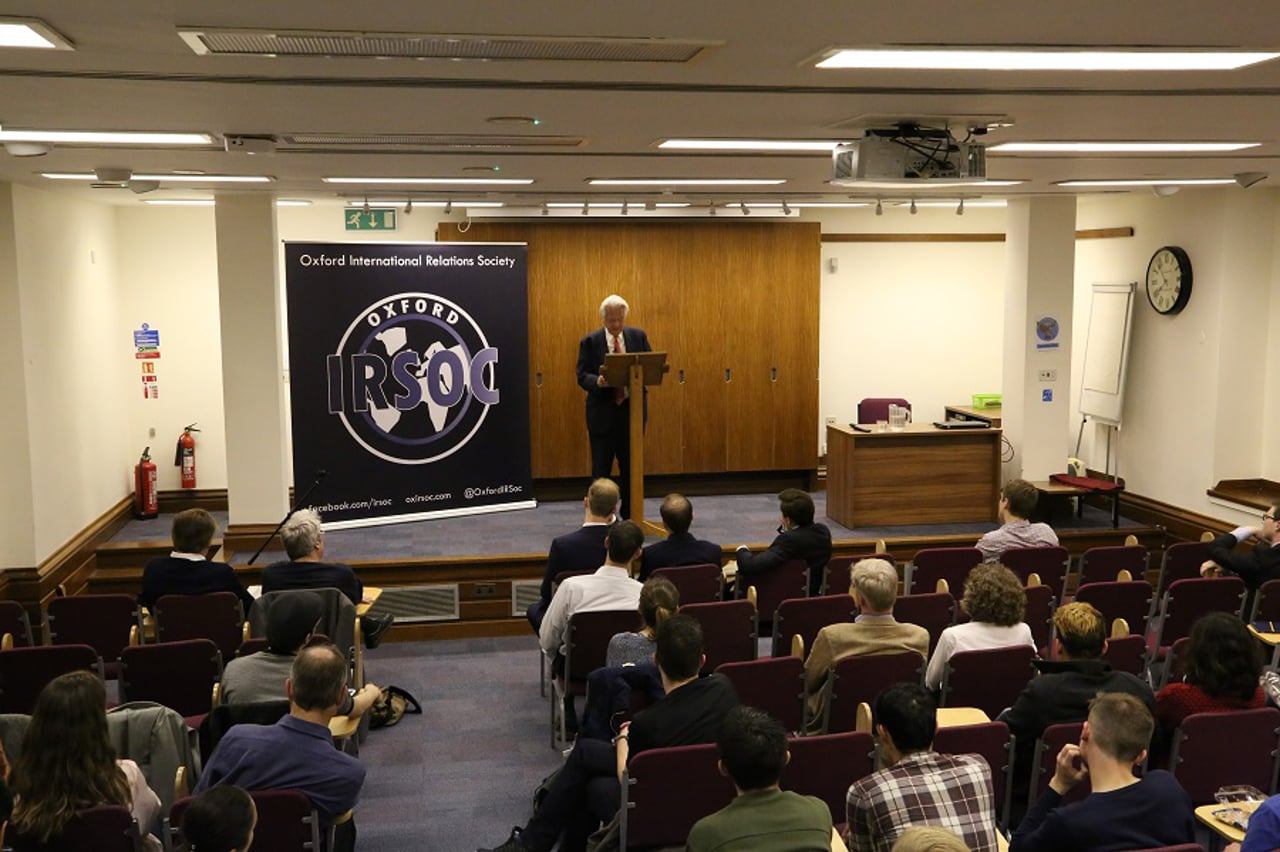
Dr James Martin’s interview with Professor Denis Noble is a wonderful discussion of some of the most important and serious problems that are currently facing the world. It is a thoughtful, insightful and entertaining interview.
A central theme of the discussion is the problems posed by the corporation. The divergence of interests between the corporation in pursuing the interests of its shareholders and ours as communities and future generations is beautifully presented in the interview.
Dr Martin sets out a programme for addressing this issue which is focused on the role of regulation in constraining the adverse impact of corporations. Corporations should do what they are supposed to do but within the confines of rules that are laid down by regulation. In defining those rules, we should look to government and a body that can stand above the corporation in reflecting the interests of society more broadly than those of just shareholders. Such a body might require the degree of independence and objectivity that comes from an institution such as the House of Lords.
There is no doubt that regulation plays an important role in constraining the worst abuses of corporations. Indeed, we should go further than at present in ensuring that there is strong enforcement of public laws in relation to bribery, corruption, environmental protection, market manipulation and market abuse and we should hold individuals as well as corporations to account for such abuses. We should use regulation more effectively to protect our environmental systems and our financial systems which corporations on their own cannot be expected to preserve.
The question is whether we can or should just rely on regulation to constrain corporations with such single minded objectives of maximizing the earnings of their frequently very short term shareholders. Will regulation be sufficient to ensure compliance with the standards set or will it promote attempts to avoid and evade the rules and requirements? Will it encourage lobbying by corporations to implement rules that support and suit rather than stifle and stop their purposes and practices? Experience to date of the success of regulation in protecting our environment, planning procedures and financial systems has not been encouraging.
Instead of just relying on regulation we need to think about how to reform corporations themselves so that their interests are better aligned with ours as communities, customers and employees as well as shareholders. We need ways of establishing values of corporations that go beyond just shareholder returns to the benefits of their other stakeholders. And we need to ensure that those values are upheld even when financial circumstances dictate that they should be abandoned.
As I describe in my book, Firm Commitment, we can transform the corporation in this way because it is actually a remarkably powerful instrument for upholding stakeholder values as well as shareholder value and it is a means of providing commitments that we as individuals are incapable of offering.
Colin Mayer, 17 March 2013


